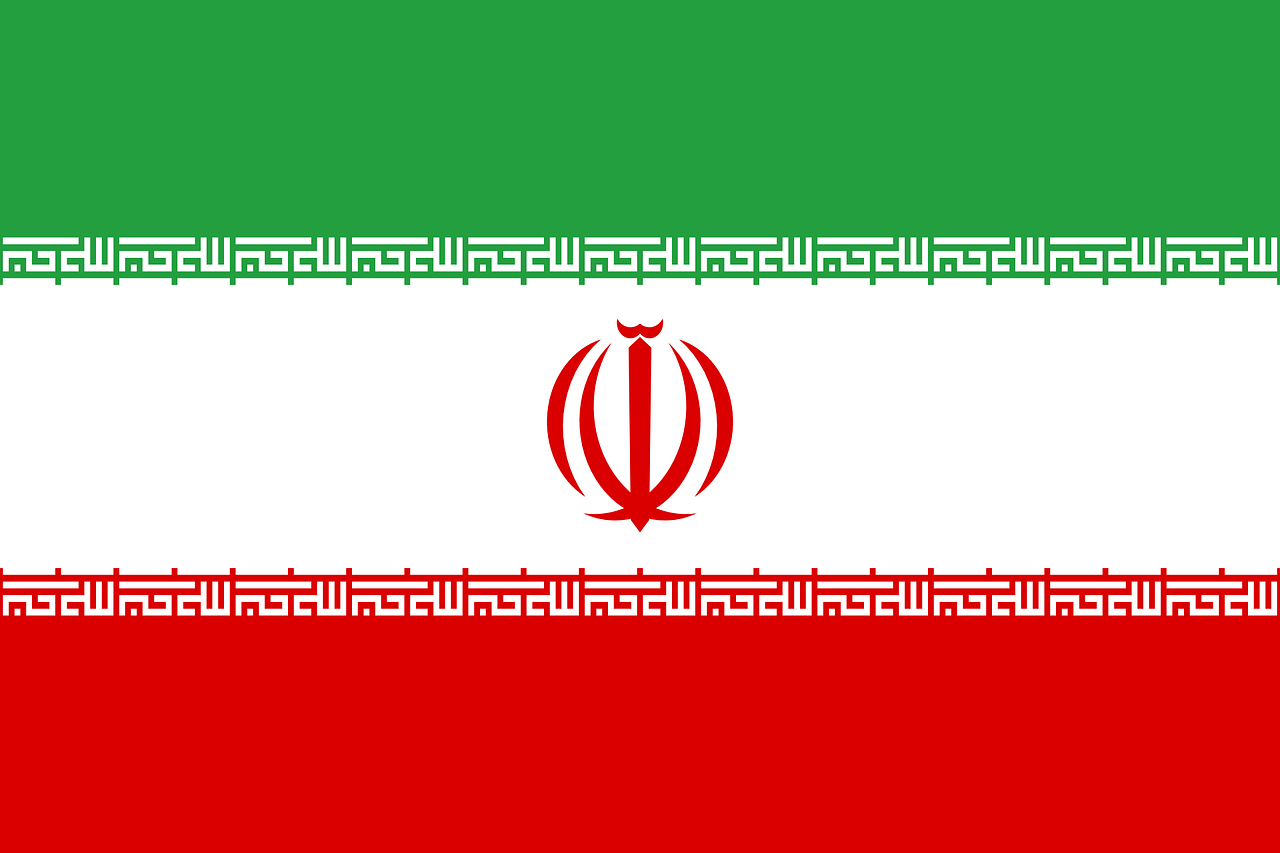Politics
Iran Warns Europe of Consequences Over Sanctions Reinstatement

Iran’s Foreign Minister, Seyyed Abbas Araghchi, issued a strong warning on Saturday, stating that European nations would “lose it all” if they attempted to reactivate international sanctions against Tehran using the “snapback” mechanism. This remark follows a recent decision by France, Germany, and Britain to initiate a process that could reinstate United Nations Security Council sanctions previously lifted under the 2015 nuclear agreement.
The “snapback” provision embedded in the Joint Comprehensive Plan of Action (JCPOA) allows participating countries to reimpose sanctions if Iran is deemed to be in violation of its nuclear commitments. Under the terms of the JCPOA, Iran agreed to curtail its nuclear program in exchange for sanctions relief, a deal that included the participation of the five permanent members of the United Nations Security Council—Britain, China, France, Russia, and the United States.
The situation has become increasingly complex since the United States unilaterally withdrew from the JCPOA in 2018, leading to the reinstatement of various sanctions. This move prompted Tehran to gradually reduce its compliance with the agreement’s stipulations, raising concerns about the potential for nuclear proliferation in the region.
Araghchi’s comments reflect a growing tension between Iran and European powers as diplomatic efforts continue to stall. In his post on X, he emphasized that the consequences of reimposing sanctions would not only affect Iran but could also jeopardize European interests. He warned that such actions could lead to further instability in the region, which has already been marked by conflict and uncertainty.
As the diplomatic landscape shifts, the implications of these developments could be significant. The European nations involved in the JCPOA face a challenging balancing act: they must address their concerns over Iran’s nuclear activities while also considering the potential fallout from renewed sanctions. The stakes are high, as a failure to resolve these issues could lead to a more volatile situation in the Middle East.
The situation remains fluid, and further dialogue between Iran and the European parties will be crucial in the coming weeks. The international community continues to watch closely, as the outcome could have lasting effects on regional security and global diplomatic relations.
-

 Business5 months ago
Business5 months agoKenvue Dismisses CEO Thibaut Mongon as Strategic Review Advances
-

 Lifestyle4 months ago
Lifestyle4 months agoHumanism Camp Engages 250 Youths in Summer Fest 2025
-

 Sports4 months ago
Sports4 months agoDe Minaur Triumphs at Washington Open After Thrilling Comeback
-

 Sports5 months ago
Sports5 months agoTupou and Daugunu Join First Nations Squad for Lions Clash
-

 Top Stories5 months ago
Top Stories5 months agoColombian Senator Miguel Uribe Shows Signs of Recovery After Attack
-

 World5 months ago
World5 months agoASEAN Gears Up for Historic Joint Meeting of Foreign and Economic Ministers
-

 Health4 months ago
Health4 months agoNew Study Challenges Assumptions About Aging and Inflammation
-

 Business5 months ago
Business5 months agoOil Prices Surge Following New EU Sanctions on Russia
-

 Entertainment4 months ago
Entertainment4 months agoDetaşe-Sabah Violin Ensemble Captivates at Gabala Music Festival
-

 Entertainment4 months ago
Entertainment4 months agoBaku Metro Extends Hours for Justin Timberlake Concert
-

 Top Stories5 months ago
Top Stories5 months agoRethinking Singapore’s F&B Regulations Amid Business Closures
-

 Business5 months ago
Business5 months agoU.S. House Approves Stablecoin Bill, Sends to Trump for Signature









